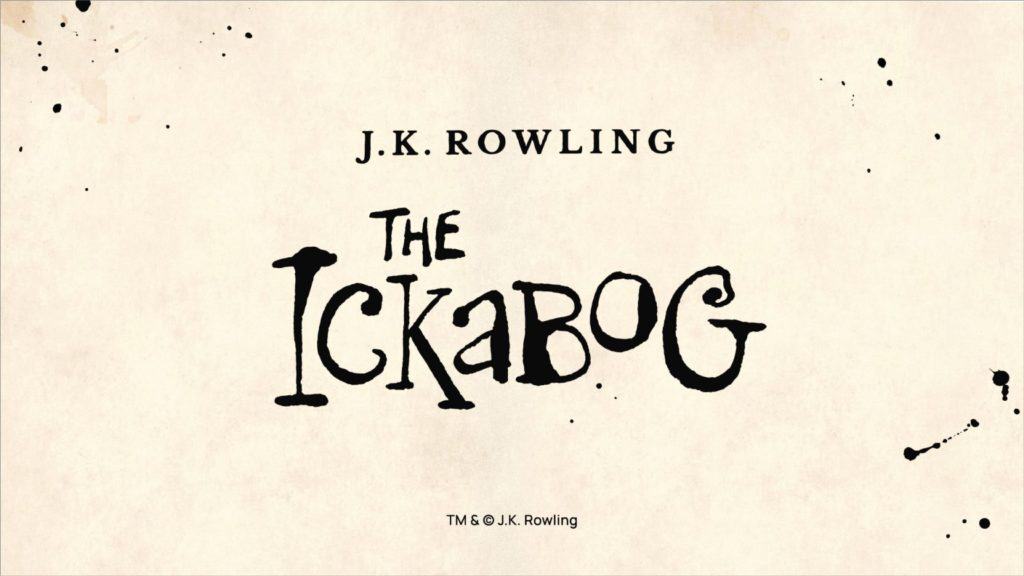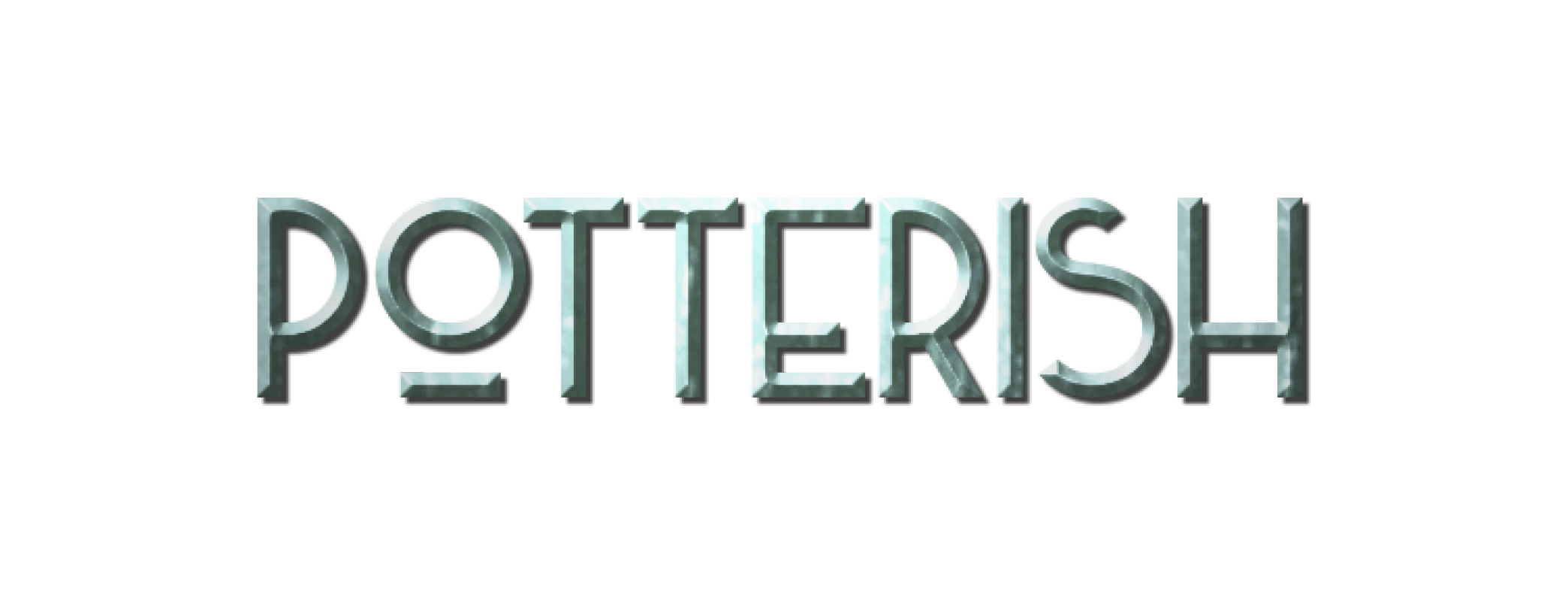While it is meant for children, The Ickabog, J.K. Rowling’s new book, has got everything to be a story with deep political reflections. Published chapter by chapter for free on the internet, the book has a narrative structure and a vocabulary better fitted for children than the first Harry Potter. However, the story seems to bring much deeper – and current – discussions than the Philosopher’s Stone, such as social inequality and gender issues.
The “Rowling-esque” irony, as I like to call the way in which the author usually describes some elements of the story, is already visible through the first paragraph of The Ickabog, when she presents one of the main characters, King Fred the Fearless, who gave himself that name simply because he thought it suited his name and also, because he wants to make his subjects think he is brave, though he was never able to kill even a wasp on his own.
The tiny kingdom ruled by Fred is called Cornucopia, a place famous far beyond its borders for the excellent and abundant food it produces. It makes sense, being that the word “cornucopia” is a synonym to “abundance”. In the Kingdom, there are very wealthy cities which produce pastries, cheese, ham, bacon, sausage and delicious wine. However, in the far north are swamps inhabited by poor shepherds and their malnourished sheep, which are not well-regarded by the rest of Cornucopia’s population, since they are living proof the kingdom does not live in utmost wealth and abundance as many of them would rather believe.
Besides that, the north, also known as Marshlands, is the land where the legend of the monster Ickabog came from and, depending on who tells you the story, it could be a snake, a dragon or even a wolf – nobody knows. It’s not clear in the chapters currently available whether the Ickabog is real or just another one of the many myths of Cornucopia. It is likely to be just a legend that will, inadvertently, cause many changes in the characters’ lives.

The Ickabog is a political fairytale
Bearing in mind J.K. Rowling says The Ickabog is a book about “the truth and the abuse of power”, the story does not seem to be about a dog-and-sheep-eating creature, but about populist and incompetent political leaders, advisors who do nothing to put a stop to a ruler’s stupidity and citizens-subjects who refuse to see the flaws of a government.
Even if the Ickabog becomes a monster in the flesh over the next chapters, the plot should remain focused on the capacity human beings have to harm one another – a far worse evil than the one of the magical creature who keeps children from sleeping.
With that and other secondary themes that were already seen in the first chapters, such as prejudice, bullying, social inequality, death and breaking gender stereotypes – a 5-year-old girl who’d rather wear overalls and work as a carpenter than wear beautiful gowns –, The Ickabog has all the ingredients it takes to be more than a escapist children’s story.
While analyzing fairy tales, American historian Robert Darnton defended that, despite the fantasy, these stories have their roots in the real world. The same can’t be said about J.K. Rowling’s new book. Although the author explained the story was created more than a decade ago and, therefore, the book “isn’t intended to be read as a response to anything that’s happening in the world right now”, it is impossible not to reflect upon what we’re living and, what seems to be, the direction we’re headed while reading.
Here’s hoping that, in the future, both the people of Cornucopia and the readers will become smarter citizens – from an early age – when it comes to recognizing incompetent governments and demanding change.
Read the first nineteen chapters from The Ickabog
*Victor Menezes is a historian with a master’s degree on Cultural History from Universidade Estadual de Campinas (UNICAMP), where he created a pioneer course which analyzes Harry Potter through a historical perspective, offered to elder students.
Collaborated: Pedro Martins (edition)
Translated into English by Dimitri Manaroulas
Edited by Caroline Dorigon
Read more about Harry Potter, The Ickabok and JK Rowling on POTTERISH
